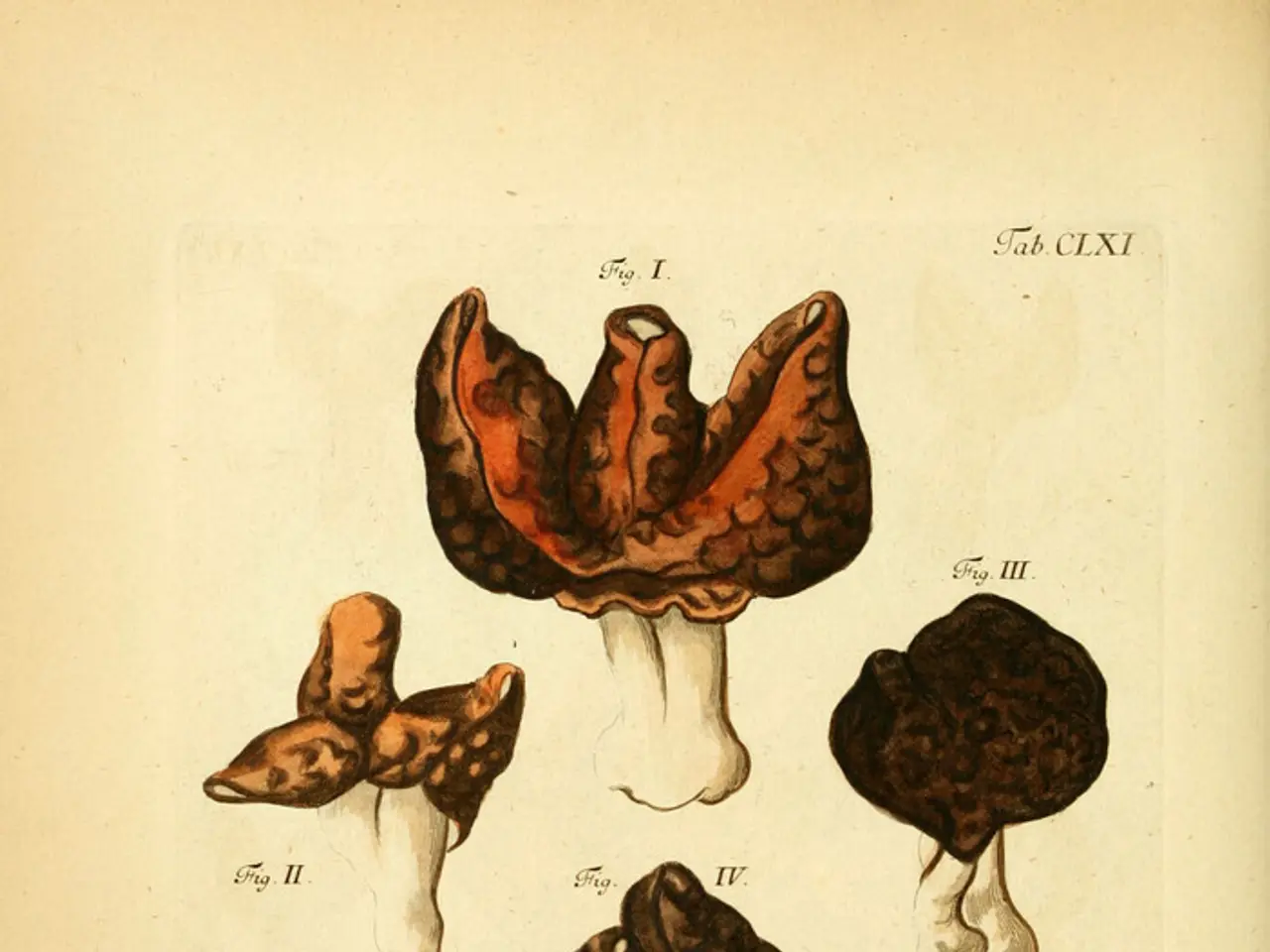Emerged COVID Variant Exhibits Higher Transmissibility - Identified Signs and Symptoms Revealed
New COVID-19 Variant NB.1.8.1, Also Known as the Nimbus Variant, Spreading Worldwide
A new COVID-19 variant, named NB.1.8.1, has been detected in the United States and other parts of the world. According to the World Health Organization (WHO), this variant, also known as the Nimbus variant, shows a 1.5- to 1.6-fold reduction in antibody effectiveness compared to the most common prior strains. However, currently approved COVID-19 vaccines are expected to retain their effectiveness against NB.1.8.1.
Pfizer has developed an updated vaccine (LP.8.1) targeting this and related variants, which shows improved immune response against NB.1.8.1 and similar lineages when compared to previous vaccine iterations.
Regarding symptoms, NB.1.8.1 causes a distinct clinical picture often described as "razor blade throat." The most common symptom is a severe sore throat, alongside other symptoms such as runny or stuffy nose, fatigue, mild cough, headache, and occasionally low-grade fever. Unlike earlier variants, loss of taste or smell is much less common. Most people infected recover at home within a few days to a week.
It's important to note that NB.1.8.1 does not cause more severe illness than previous variants, although it is highly contagious and spreads quickly. The WHO notes that those at risk of severe disease, such as older adults and people with underlying immune disorders, should stay up-to-date with the shots.
For those at risk for severe disease, antivirals like Paxlovid and Molnupiravir can significantly lower the risk of severe complications and death when started within five days of symptom onset. The CDC advises seeking immediate medical attention for symptoms such as chest pain, trouble waking up or staying awake, confusion and disorientation, and worsening trouble breathing or chest pain.
If symptoms consistent with NB.1.8.1 develop, especially a severe sore throat lasting more than a day or two, testing for COVID-19 is recommended, with repeat testing if initial tests are negative but symptoms persist.
This information reflects data as of July 2025 and may evolve as new research emerges. It's always crucial to stay informed and follow the latest guidelines from the CDC and WHO.
| Aspect | Details | |-----------------------|-------------------------------------------------------------------------------------------| | Vaccine Effectiveness | Currently approved vaccines are still effective; Pfizer’s LP.8.1 vaccine boosts immunity against NB.1.8.1 | | Symptoms | Severe sore throat (razor blade sensation), runny/stuffy nose, fatigue, mild cough, headache, low-grade fever | | Severity | No increase in severe illness or hospitalizations compared to earlier Omicron variants | | Contagiousness | Highly contagious, spreads quickly |
- This new COVID-19 variant, NB.1.8.1, known colloquially as the Nimbus variant, is characterized by a distinct clinical picture, often described as a 'razor blade throat'.
- When it comes to preventative measures, it's essential for individuals at risk of severe disease, such as older adults and those with underlying medical-conditions, to stay up-to-date with their vaccinations, including potential updates like Pfizer's LP.8.1 vaccine, as staying informed and following health-and-wellness guidelines from organizations like the CDC and WHO remains crucial.




